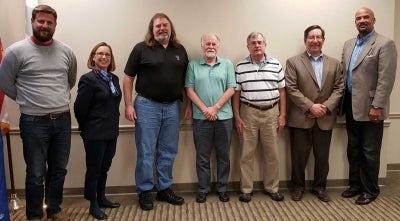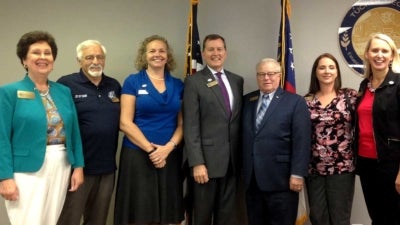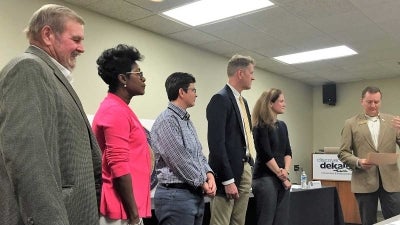InTucker Magazine
July 2017
From the Mayor – July 2017

Among the most important things a City is charged with is making land use decisions. The process to arrive at those decisions is designed to make it as easy as possible for residents and other stakeholders to give their input. Throughout the land use petition process, you could have as many as four opportunities to present your opinion in a public setting; that’s in addition to being able to email or meet with your elected and appointed officials.
While the process is designed to be really engaging, it can also be incredibly confusing. One of our biggest challenges – and opportunities – as a new city is to educate our citizens about how this process works. It’s different from the county level; there are different processes and different governing bodies involved. But there is one major similarity: when our citizens get involved in the process, it makes for a more robust debate and, ultimately, a better outcome.
Whether you have an advanced degree in government or you’re new to the municipal game, I hope these bullet points will teach you a few things and help you to engage with what’s happening in Tucker.

- Community Council – Usually the process begins with a land owner applying for a land use change. They meet with City Staff, then go to the Community Council, a group of seven Tucker residents that hears cases once a month. Think of this as the most informal meeting we have; a group of folks sitting around a (theoretical) living room and discussing an issue that could impact their neighborhood. They talk, you talk, the applicant talks. One cool aspect of this is that the applicant can change aspects of their plan based on feedback they get at the Community Council meeting and move forward without having to start over. Nowhere else in this process is that true. While they don’t cast votes, the Community Council is an important step in helping to gain more information about a proposed project.
- Planning Commission – Step Two is going before our Planning Commission. Like Community Council, these five people are volunteers who meet once a month. The Planning Commission is made up of Tucker residents who generally have some expertise in the planning and development field. They act as a recommending body for the Mayor and City Council, asking questions of the applicant and sometimes offering conditions that should be met for a project to be approved.
- Mayor and City Council – The third, and final, step has the applicant going before the Mayor and City Council twice for a first and second read. We weigh feedback from residents, Staff, Community Council, the Planning Commission, and we ask our own questions of the applicant before voting one way or another.

I will note that decisions by our Planning Commission and City Council are based on codified criteria. This is important because if you want to speak in favor of or against a certain plan, you should gear your comments toward those criteria. We’ve got it all laid out for you on our website.
Generally, this process is going to take about three months. If you keep tabs on our website, social media or you sign up for our email list, you’ll always know when the meetings are going to be.
There’s one last group that isn’t involved in that three-step process, but is equally important: our Zoning Board of Appeals. The ZBA has five members who hear variance cases or appeals of decisions made by our Community Development Director. They are a quasi-judicial board, meaning their decision is final on behalf of the City and any appeal of their decision would go before the Superior Court of DeKalb County.
At risk of repeating myself, I hope you will get involved in the process. Start by attending one of these monthly meetings at our City Hall Annex (4228 First Avenue). While you’re there, stop and say hi to a member of our staff or to one of our board members. They can answer any questions you might have. Our tuckerga.gov website is another great tool to help you familiarize yourself with the legislative process. There are some really important decisions to be made in the coming months and years that will impact the long-term future of the City of Tucker. Come and be a part of the discussion!


